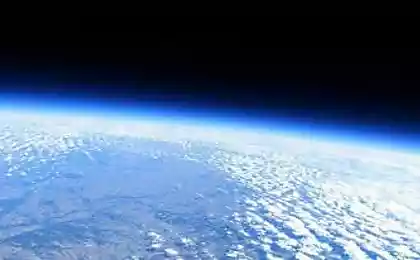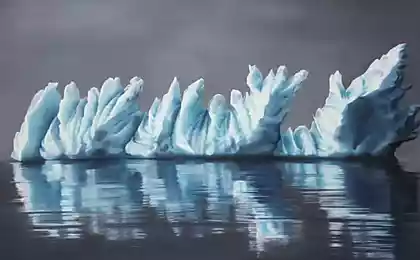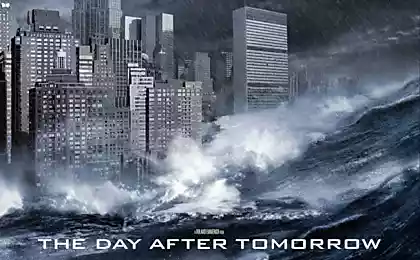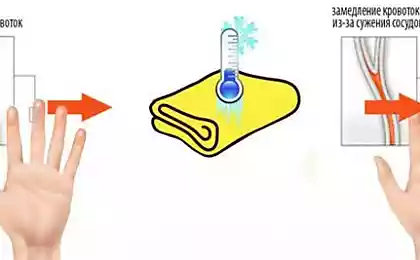558
Breathing under water is becoming increasingly difficult
Cascade chemical and biological changes can destroy coral reefs in 50-100 years, marine ecosystems fall under the onslaught of jellyfish and toxic algae blooms.
It is the result of research that was conducted a couple of years ago. For two years, the situation has deteriorated. "The health of the oceans is getting worse much faster than we thought, and organisms are faced with an incredible and unpredictable evolutionary pressure," said Alex Rogers of Oxford University, scientific Director of IPSO.
Mr. Rogers highlighted the "deadly trio" of linked global threats. First, it is warming: the water surface heats up almost the same speed as the atmosphere. Second, this oxidation is the result of the fact that water absorbs from the air more CO2 than previously. The latest threat — the loss of oxygen.
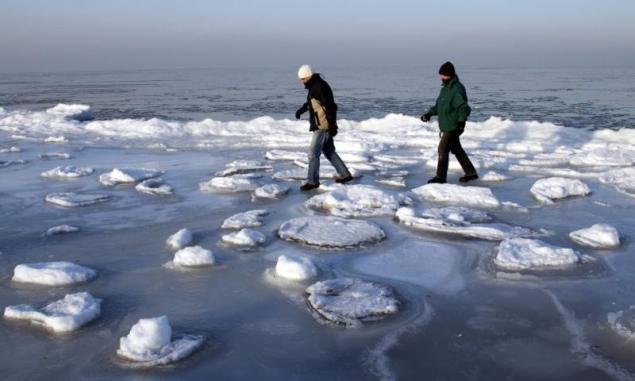
Oxidation is a pretty terrible thing. For example, last year showed that he dissolve the shells of marine snails in the southern ocean. But, says John Spicer of Plymouth University, the low oxygen content is much worse, at least in the laboratory.
The ocean is losing oxygen partly because warmer water contains less of it, partly due to the fact that the warming is especially high on the surface of the seas and this top layer, becoming more buoyant, less mixed with lower cold layers. In deep water oxygen is less, and life at the bottom just stops.
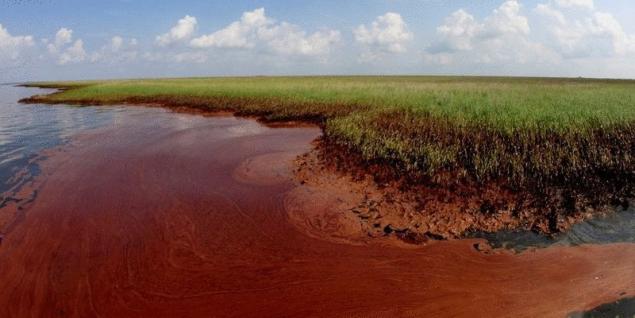
How climate change will affect the fish you can find in this article.
Source: /users/413
It is the result of research that was conducted a couple of years ago. For two years, the situation has deteriorated. "The health of the oceans is getting worse much faster than we thought, and organisms are faced with an incredible and unpredictable evolutionary pressure," said Alex Rogers of Oxford University, scientific Director of IPSO.
Mr. Rogers highlighted the "deadly trio" of linked global threats. First, it is warming: the water surface heats up almost the same speed as the atmosphere. Second, this oxidation is the result of the fact that water absorbs from the air more CO2 than previously. The latest threat — the loss of oxygen.

Oxidation is a pretty terrible thing. For example, last year showed that he dissolve the shells of marine snails in the southern ocean. But, says John Spicer of Plymouth University, the low oxygen content is much worse, at least in the laboratory.
The ocean is losing oxygen partly because warmer water contains less of it, partly due to the fact that the warming is especially high on the surface of the seas and this top layer, becoming more buoyant, less mixed with lower cold layers. In deep water oxygen is less, and life at the bottom just stops.

How climate change will affect the fish you can find in this article.
Source: /users/413
Presents the first rubber of the dynamics to amplify the sound
How much time are fused bones of various body parts?
